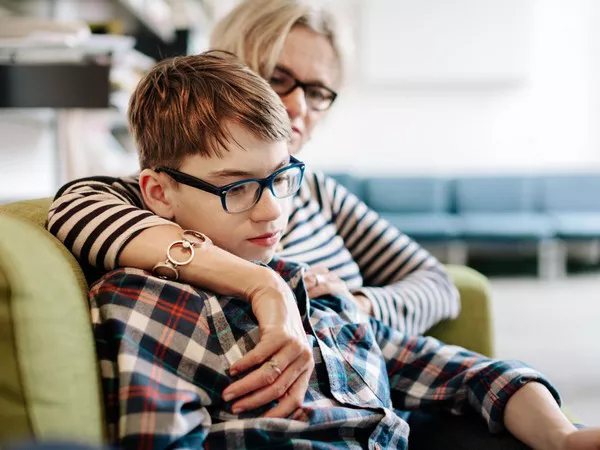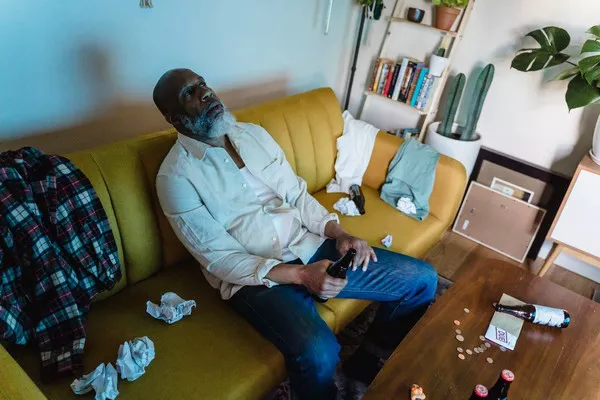In a recently released study by Havas on mental health, it is revealed that we are living in unprecedented times, marked by a surge in mental health concerns. The COVID-19 pandemic has unveiled a mental health crisis of unparalleled proportions, leaving individuals and communities grappling with elevated levels of stress and anxiety.
This extensive study involved the participation of over 13,000 people across 30 countries, offering insights into what is being termed the “pandemic hangover.” Globally, it was found that 51% of Prosumers now experience heightened levels of anxiety and stress compared to the pre-COVID era.
In the Asia Pacific region, known for its collectivist cultures, the impact of the pandemic on mental health is even more pronounced. Here, 57% of Prosumers report increased anxiety and stress since the advent of COVID-19, with a striking 87% viewing mental health as a top concern.
The insights from this study, based on responses from over 3,000 individuals across seven markets, highlight a common challenge of declining mental health across the region. It also delves into how Asians are seeking unique solutions, influenced by the degree of collectivism, whether it is family-centric or nation-centric, in their respective markets.
The key findings from Asia include the following:
Broader Societal Impact:
Mental health issues are indicative of deeper problems in modern society. With rapid technological advancement and increasingly fast-paced lifestyles, Prosumers are experiencing heightened social isolation. Additionally, the disconnect from nature, attributed to urban living, contributes to the sense of confinement.
Youth Dilemma:
A notable 39% of Gen Z respondents turn to social media to alleviate anxiety or depression, but an even larger percentage (44%) believe that excessive smartphone use exacerbates their symptoms. There is a sense of conflict among Gen Z respondents regarding the impact of social media on mental health, with 48% believing that social networks should bear responsibility for user well-being.
Two Emerging Approaches to Address Mental Health: Medicalization and Meaningful Lifestyle Change:
To tackle these challenges, a balanced strategy that combines medical interventions and lifestyle adjustments is advocated. While some endorse pharmacological treatments, such as covering sleeping disorders (65%) and anxiety (57%) with medical insurance, and believe that anxiety (51%) is a genuine ailment treatable with medication, a significant majority (87% of Prosumers) prefer a holistic, lifestyle-centered approach to mental health.
Brand Involvement:
The study suggests that brands now have a greater mandate to address mental health concerns by using their influence to educate, raise awareness, and contribute to solutions. Prosumers in the study believe that brands across various industries, including pharmaceuticals, beauty, sports, food, alcohol, fashion, and hospitality, can play a role in this discourse.
However, authenticity is deemed essential, with 42% considering it inappropriate for brands to exploit mental health for profit. Aligning actions closely with brand values is seen as paramount, much like other issue-focused initiatives, such as LGBTQ+ rights or sustainability.
Alicja Cybulska, Chief Strategy Officer, SEA & North Asia, highlighted the significance of these insights into Prosumers, as they represent influential trendsetters and influencers with substantial sway over the beliefs and actions of others. She stressed the need for a comprehensive understanding of their mental health and attitudes to address the collective mental health crisis, particularly as the world navigates its way out of the pandemic’s challenges.
























